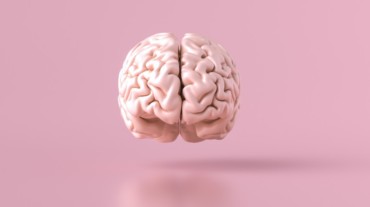
Our brain is considered to be its most sensitive organ, rightly placed on top of the rest of the body. When a cancerous tumour affects the brain, it can have a detrimental impact on its function as well as our health. As a result, it becomes imperative we move away from myths and spread awareness about brain tumours. The keys to survival with brain tumours include widespread awareness, early discovery, quick management, and a suitable follow-up treatment plan.
A brain tumour is an abnormal cell growth or mass in the brain. This can be cancerous (malignant) or non-cancerous (benign). Whether benign or malignant, if these tumours are large in size, they can cause pressure inside the skull to increase. This can cause brain damage and it can even be fatal.
A primary brain tumour originates in the brain. Many primary brain tumours are benign.

A secondary brain tumour (also known as a metastatic brain tumour) occurs when cancer cells from another organ, such as the lung or breast, travel to the brain.
The signs and symptoms of a brain tumour range widely and are dependent on the tumor’s size, location, and rate of growth.
They may include:
If you detect any of the symptoms described above, it’s not necessary that you have a brain tumour. The symptoms could be caused by a range of other ailments, so it’s critical to receive the right diagnosis. That is why a visit to the Neurosurgeon’s clinic is important. The doctor may recommend tests such as a CT scan, MRI, or EEG after a quick assessment of the patient’s medical history and physical examination.

Fret not, even if you’ve been diagnosed with a brain tumour, you’re not out of options. Equipped with the latest gadgetry and tools, the neurosurgeons armamentarium is diverse. The days of mutilating and incapacitating surgeries are long gone, and modern neurosurgery is really rather safe and successful. Radiotherapy, chemotherapy, and other treatment techniques such as the Gamma knife are now available in the modern day. The post-surgery outcomes have also been revolutionised by radiosurgery. The mortality and morbidity rates have decreased significantly, and we now add life to years rather than just years to life.
However, we must keep in mind that the greatest strategy to treat a brain tumour is to raise awareness so that it can be detected and treated in its early stages, before it causes substantial damage to our brain or body. So, what’s the big deal? Just be aware!
Select Topics of your interest and let us customize your feed.
PERSONALISE NOW